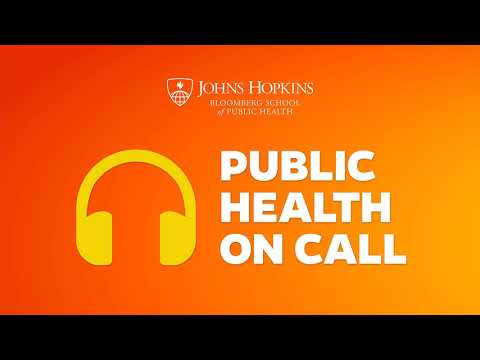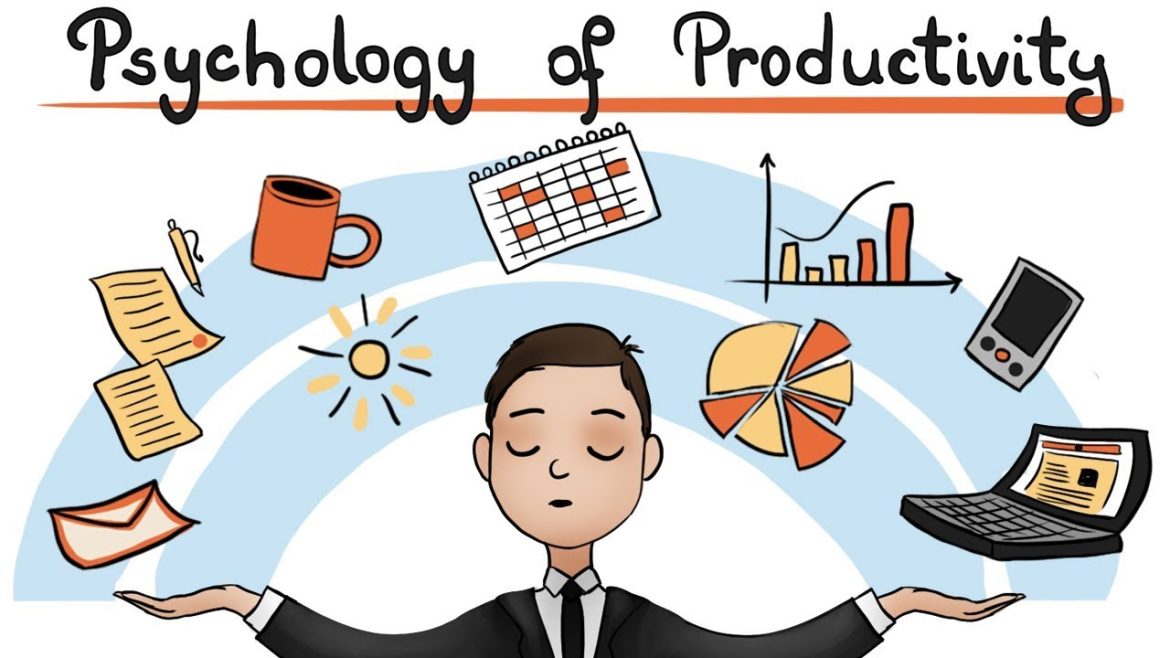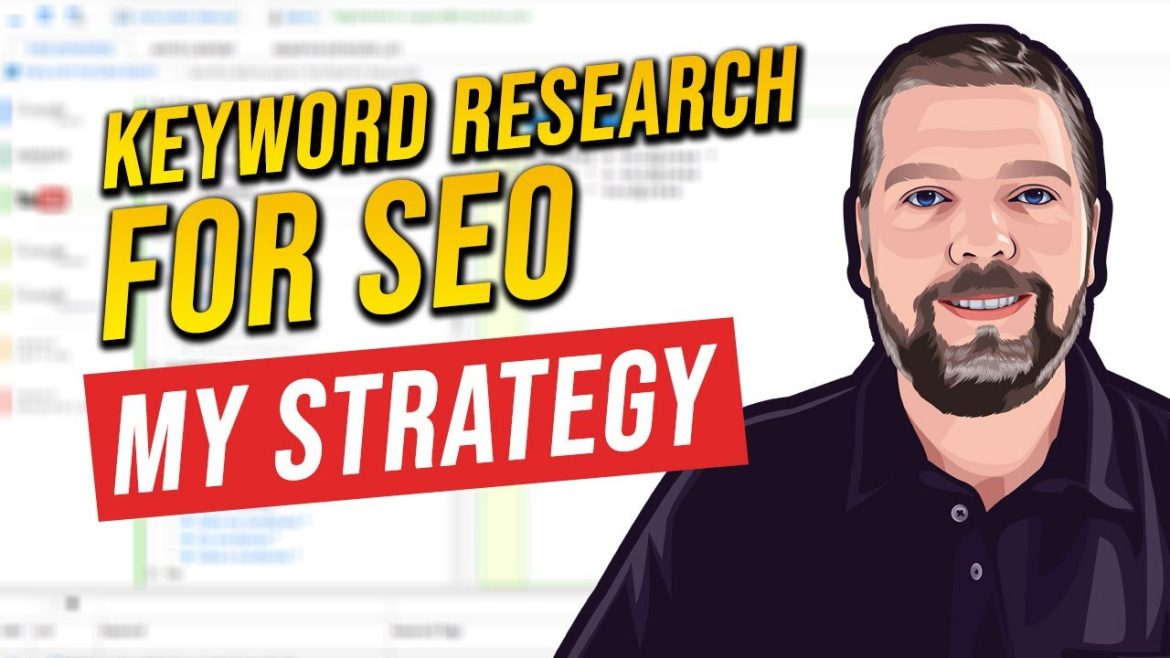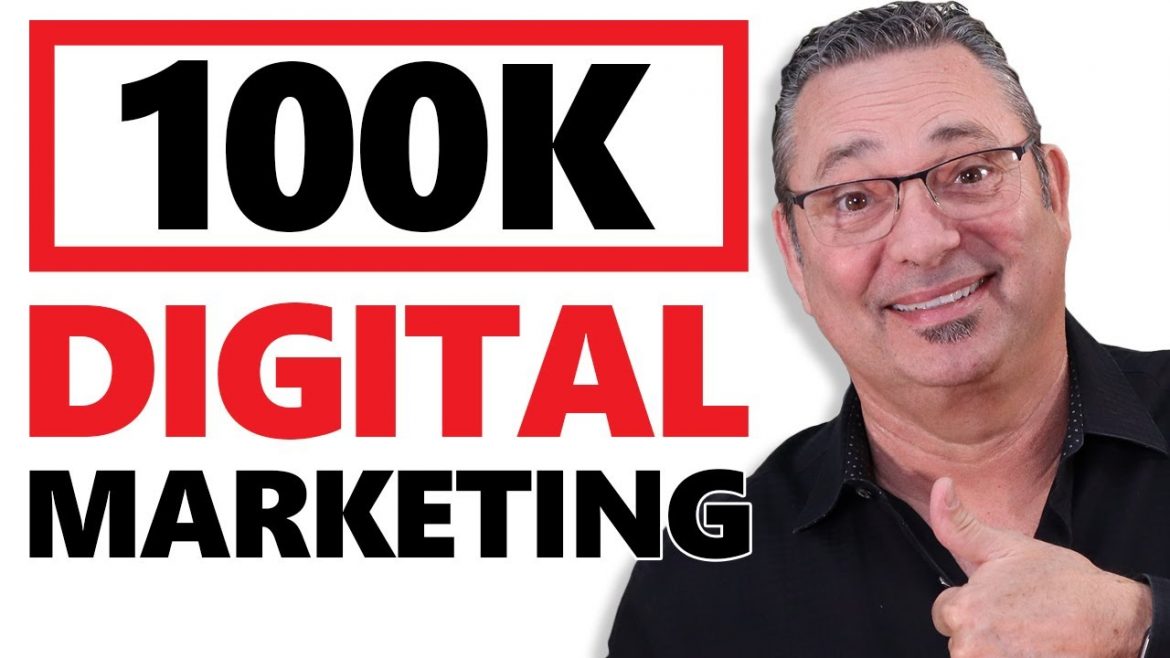[MUSIC PLAYING] JOSHUA SHARFSTEIN:
Welcome to season two of Public Health
on Call, a podcast from the Johns Hopkins Bloomberg
School of Public Health. I'm Joshua Sharfstein, Vice
Dean for Public Health Practice and Community Engagement and a
former Secretary of Maryland's Health Department. Our goal is to bring scientific
evidence and experience to the public health
news of the day, through informative interviews
with scientists, community leaders, policy experts, public
health officials, clinicians, and more. If you have ideas or
questions for us to cover, please email us at
publichealthquestion@jhu.edu. That's
publichealthquestion@jhu.edu for future podcast episodes.
Today, Stephanie Desmond
talks to Stephen Morrison, a global health policy
expert at the Center for Strategic and
International Studies, a Washington, DC think tank. They discuss Russia,
where officials are ready to use their COVID-19
vaccine before completing testing for safety
and effectiveness. Let's listen. STEPHANIE DESMOND:
Stephen Morrison, thank you so much
for joining me. STEPHEN MORRISON: Thank you. Glad to be here. STEPHANIE DESMOND: So, I know
you've done a lot of work on Russia and its
response to COVID-19. I wanted to start
with what we've been hearing about Russia having
a vaccine that's ready to go. Could you talk to us
a little about that? And why we might
want to be concerned? STEPHEN MORRISON: Thanks. Yes, well this is a
big story of the week. It's been building for
a couple of months. It starts with President Putin. This is certainly his endeavor. It's driven by him,
this effort at trying to win the race for a vaccine
for both people in Russia, but the world's population.
It's a prestige, geostrategic
gambit by the Russians. It involves a vaccine that is
an adenovirus, viral vector vaccine. It went into phase
one, phase two trials about eight weeks ago. Estimated around 76 people
in those first early trials. No data has been
published from this. Nothing has been shared. There has been no
phase three trials, which would be the
normal high volume trials before you would reach
some judgment as to the safety and efficacy.
What has distinguished
and caused– distinguished the
Russian effort, and caused a lot of
controversy is the announcement by Putin, and by his
authorities this week, that they were going to
register the vaccine for use, both within Russia and
outside, before there's been phase three trials. They're beginning to give this
to doctors, to health workers, and soon to teachers,
and to the military. And they're going
into mass production. And they're intending to begin
in October a mass distribution within Russia. And they are– they've announced
that they are striking deals. They're in discussions with
a number of other countries. They claim they have letters
of application or expressions of interest from 20
countries, amounting to a billion doses of this. They've specified certain
countries, the Philippines, Saudi Arabia, UAE. They're also
announcing that there will be some form of
field trials in several of these countries and the like.
The reason this has, of
course, sparked controversy is because it is a shortcut. It is rushing ahead
without any shared proof of the scientific
data demonstrating safety and efficacy. And simply, signaling
well, trust us. And they're making this argument
that because this builds off of earlier vaccine
platforms developed for MERS and SARS, two
other coronaviruses, that those, in their
estimation, worked well.
Although, they never really
got certified internationally. They remain candidate
vaccines, in the words of WHO. That that's good enough. And so, they're charging ahead. I think the motivations
behind this are multiple. There is an internal
motivation, which is that Putin needs a big
win for his own position within Russia. His economy is on its back. He can't deliver
on the big promises he's made for mega-dollar, big,
public infrastructure projects. His popularity is
at an all-time low.
His mishandling of
the coronavirus, the COVID-19 outbreak
within Russia has damaged his standing. The program– there's
roughly 900,000 cases that they acknowledge. About 15-16,000 deaths. Those numbers are thought
to be undercounts, significant undercounts. So he is looking for a win. He's looking for a
win domestically. I think that's a very
strong motivation. He's looking for a
win outside, in terms of being able to reach outside,
and build alliances, and be seen as the first, and
appeal to countries that may feel like they're
going to be left out by the other big competitors in
this race, which are the United States and China. So, he's appealing to countries
that are middle income, lower income, and
saying to them, look, we may put
manufacturing facilities in.
We may have licensing
arrangements. We may give you cut prices
or this may come for free. And so, they're
out marketing this as a way of building prestige,
and alliances, and the like. People are worried
about this because it is putting an unproven
product out on the market. It could be substandard. It could be dangerous. It could do lots of harm. There's a lot of
concern that the usage of this by teachers, by the
military, by health workers could be coerced and
not be voluntary. I think we should
expect that there's a high risk for this
entire thing backfiring. If it turns out to be unsafe,
to have adverse effects, they're going to have a
difficult time covering those up.
They may try to cover
them up within Russia. They're going to have
a difficult time doing that if it's in Brazil, or
Philippines, or Saudi Arabia. If it backfires, it
does damage not just to Russia's reputation, it
aggravates an already really complicated situation globally,
where trust in vaccines is compromised. Lots of hesitancy,
lots of wariness, we see in poll, after
poll, after poll. This could worsen
this image that people are bending the rules. They're letting politics
dominate science. They're putting people's
well-being at risk in order to achieve some
sort of political end. So, it is a very dramatic– don't doubt that Putin is
using everything in his power to move this forward. There is a very elaborate,
slick, polished website, seven languages, that
was rolled out yesterday.
Amazon Products

He has brought in his
own military medicine, which is formidable. He's brought in the
Gamaleya Institute. He's brought in the Health
Ministry, the Trade Ministry, obviously his own person
in his own office. He's brought in the
Sovereign Wealth Fund, the Russian
direct investment fund to finance all of this. And the propaganda
machine is on full tilt. I mean, if you've been in
Moscow in the last two months, it's been nonstop propaganda. And they have done
a very good job at getting their messages out. But they're going to
meet with resistance. They're meeting with significant
resistance within Russia from within the general
population, which is showing upwards of a
third don't trust Putin, and are not going to be
responsive to the propaganda, and are not going to accept the
vaccine on a voluntary basis. You have industry. You have the Association of
Field Trials Organizations, research trials
organizations, which include some of the big super
you know multinationals, the Pfizer, Bayer,
AstraZeneca, Novartis, they have come out and been
very vocal on record saying, you should not move ahead
in this fashion until there are completed, successful
phase three field trials, and the results are published.
So, there is resistance. STEPHANIE DESMOND: Is the
reason they're in such a hurry because they want
to be first and they want to be able to claim this– STEPHEN MORRISON: Absolutely. STEPHANIE DESMOND:
–as a big win? STEPHEN MORRISON:
I think they are– I think Putin has judged that
he needs a big win domestically. And he wants– on the
international side, he wants to be out in front of
the United States and China, and being able to come
forward and claim, look, I got there first. Trust me, this is going
to be safe and effective. And I can get it
to you at a cheaper basis quicker than the Chinese. And the Russians and I can help
you get out from underneath, this pandemic and the
economic crisis it's created, and the social instability
that it's created.
So it's a drive towards
that kind of prestige. And he's playing on
the history of Russia. He's calling it Sputnik 5. So that hearkens back to 1957,
to the satellite telemetry, the first satellites
put into orbit, a moment of historical prestige. He's also hearkening
back to the glory days of Russian immunology, virology,
science during the Soviet era, the bio weapons effort, which
is a dark period, but also the heavy investment
in their science infrastructure on virology. Now, much of that has
been degraded and weakened in the last 10 or 15 years. And it's a bit of a– it's a bit of a stretch to be
claiming this reality today. But nonetheless,
they're invoking that, and trying to basically make the
argument that their science is on par, on track.
Now, we do have to admit
the possibility that Putin may have a product that
does turn out to be safe and effective, right? In which case, if he's able
to circumnavigate all the barriers he's going to face– WHO is not going to
sign off on this thing. He's not going to be– many, many different
marketplaces are going to have a lot
of heartburn in thinking about adopting this. Brazil's going to have
heartburn about this. Certainly, no Western
country is going to allow this to be used
on human populations without the field
trials coming forward. So, he's going to meet
lots of resistance there.
But you can imagine
that he just has decided on political and geostrategic
grounds, full steam ahead, and we'll deal with these
problems as they come along. STEPHANIE DESMOND: If they
had done all the testing, would we still have
trouble trusting it? STEPHEN MORRISON: Well,
that's a very great question, because, of course,
they don't have a great record of
transparency and reliability. They have reputational
problems in this regard. People don't trust
the numbers, the case counts for coronavirus cases,
or the numbers on fatalities.
So, there is this
question of by what basis are we going to judge what
numbers they come forward with? So, they have to disclose as
much of the raw scientific data and be as transparent as
possible to win trust. Now, as a point of
comparison, the Chinese have a very similar
reputational problem, in that they are regarded
as cutting corners. They don't have the same field
trial quality and standards. They don't record adverse
events with the same level of specificity and reliability
as most Western field trials. What's gone on there is
some of these firms which aspire to be globally
accepted firms, there's the CanSino
Biologics which is developing a viral
vector, very similar to the Russian one.
What did they do? Well, the first 45,
or whatever it was, the first phase one,
phase two trials, they published their results. They were not that
flattering, the results. They published
them in The Lancet. So, they went out for full
disclosure and transparency in order to say, look, we are– we are part of a global
industry with these standards. We're going to meet
those standards. Quite different than what
the Russians have done. STEPHANIE DESMOND: And I
guess my last question is, and I think you touched
on this a little, but I'd like to hear a
little more, we wonder if they– when they do start
to be giving out this vaccine, I guess you're saying in
some quarters they are, is there an option
whether to take it or not? Or are they being
going to be forced to try something that has
not been studied well enough? STEPHEN MORRISON: Well,
that's a poignant question.
They are moving ahead
right now, beginning to give it to health
workers, teachers, military. They are going to give priority
to those that are elderly and underlying conditions,
high-risk populations, sub-populations. We don't know. There's a suspicion
that there'll be a pretty heavy level
of coercion for people. Because you will have,
if you're a teacher, or you're a health
provider, your job is could be put on the line
pretty easily by saying, look, for you to function, as
a teacher, as a health care provider, you got to do
this as a prerequisite, otherwise don't show up for
work and go somewhere else. So, the ability to
coerce people is pretty high in this situation.
STEPHANIE DESMOND: Well,
you have really raised a lot of issues to think about. Thank you so much
for joining me. STEPHEN MORRISON:
Thank you, Steph. JOSHUA SHARFSTEIN:
Public Health on Call is produced by
Joshua Sharfstein, Lindsey Smith-Rogers, Stephanie
Desmond, and Lymari Morales. Audio production by Spencer
Greer, Niall Owen McCusker, Cian Oates, and Matthew Martin,
with support from Chip Hickey. Distribution by Nick Moran. Thank you for listening. [MUSIC PLAYING] .





